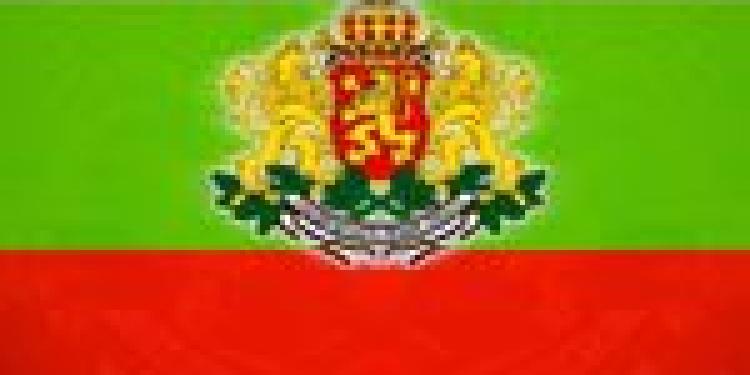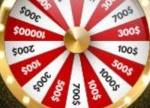Bulgaria to Boost All Gambling Taxes to 15%
Posted: November 27, 2009
Updated: October 4, 2017
The Bulgaria’s Parliament voted yesterday to make a significant amendment to the Corporate Income Taxation Act.

The Bulgaria’s Parliament voted yesterday to make a significant amendment to the Corporate Income Taxation Act. As of 2010, Bulgarian gambling laws will stipulate that all gambling activities in the country will be subjected to the same tax – a flat rate of 15%. Right now, sports betting is taxed at 10%, while all games of chance, including lottery, casino games, and bingo, are taxed at 12%.
Quarterly taxes levied on roulette tables and gambling machines will also be raised as of January 1st. The current tax rate is 300 leva every three months for machines, and 18,000 leva every three months for roulette tables. These amounts will be increased to 500 leva and 22,000 leva, respectively.
This increase in gambling taxes was requested by Bulgarian Prime Minister Byoko Borisov as an alternative to a proposed increase on liquor taxes, particularly on the popular traditional Bulgarian brandy known as “rakia.” Borisov also implied that an increase in gambling taxes could bring in revenue that might be used to help give mortgage loans to young families looking to purchase their first home.
Naturally, local gambling operators are protesting the increased tax, particularly Eurofootball, Bulgaria’s largest licensed sportsbook. Gambling revenue is already down 40% from last year, so a 5% increase in taxation will have a strong impact on the industry, bringing about millions of leva in losses in 2010. In early November, the Bulgarian Association for Entertainment and Gambling Games predicted that a tax hike such as this one could lead to the loss of as many as 40,000 jobs in the country’s gambling industry. Legislators, however, seem more concerned with their own budgets than anything else.
For Eurofootball, this tax increase is merely the latest obstacle they have to face. They have been lobbying for years for tighter regulation of gambling in Bulgaria, particularly concerning online sportsbooks in Bulgaria. The government does not grant licenses that would allow Eurofootball and other local bookmakers to run online betting operations, so all online sports betting in Bulgaria happens through foreign internet sportsbooks, which obviously draws revenue away from the local industry. Perhaps internet gambling in Bulgaria will be the only way out if this increased gambling tax has the negative effects everyone is predicting.












